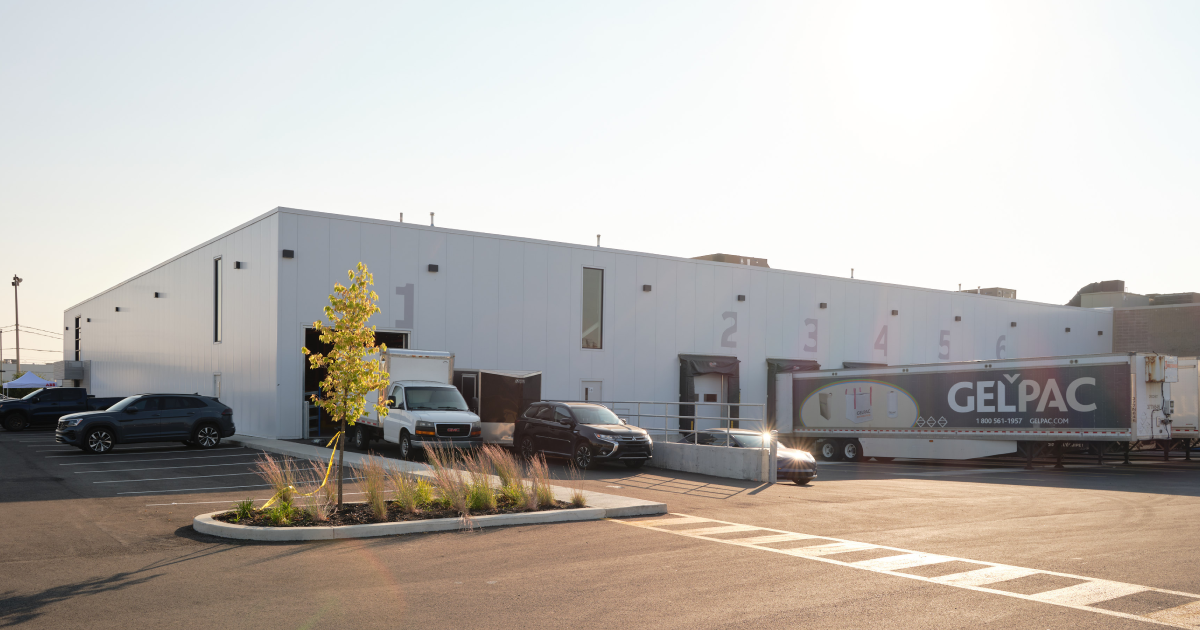Investment in Building New Housing Up 3.1% Year over Year in June

Overall investment in new housing construction rose 3.1% to $4.1 billion in June compared with the same month in 2014.The increase level was mainly owing to higher investment in apartment and apartment-condominium construction, up 12.8% to $1.3 billion. Spending in row house construction also contributed to the gain, rising 4.2% to $385 million.In contrast, spending in semi-detached dwelling construction decreased 9.4% to $223 million. Investment in single-family dwellings edged down 0.9% to $2.1 billion.
Provincially, Ontario, British Columbia, Alberta and Nova Scotia recorded year-over-year increases.
In Ontario, investment in new residential construction increased 10.1% to $1.4 billion, mostly as a result of higher spending in single-family dwellings as well as apartment and apartment-condominium buildings.In British Columbia, spending in new housing construction rose 17.0% to $715 million. The increase came from all dwelling types, particularly apartment and apartment-condominium buildings and single-family houses.In Alberta, investment grew at a slower pace, up 2.0% to $916 million.
Advances in apartment and apartment-condominium buildings, row houses and semi-detached dwellings offset a 10.4% decline in single-family dwellings.In Nova Scotia, investment advanced 34.7% to $54 million, as a result of increased investment in apartment and apartment-condominium building construction.
Quebec, Saskatchewan and Manitoba recorded the largest declines among the remaining provinces.
In Quebec, investment in new housing construction fell 8.6% to $656 million. The decline came from lower investment in all types of dwellings, but mainly single-family houses and apartment and apartment-condominium buildings.In Saskatchewan, construction spending decreased 26.3% to $116 million, mostly as a result of lower spending in single-family dwelling construction.In Manitoba, spending in new residential construction declined 20.1% to $99 million, also the result of lower investment in single-family homes.
Source: Statistics Canada, http://www.statcan.gc.ca/daily-quotidien/150820/dq150820e-eng.htm?cmp=mstatcan.















